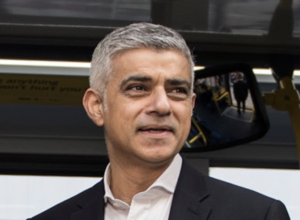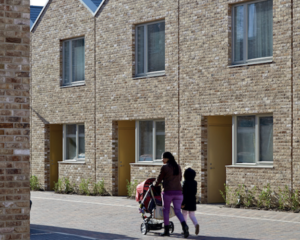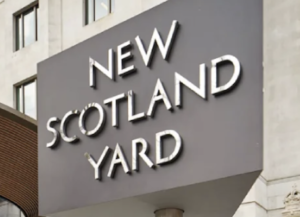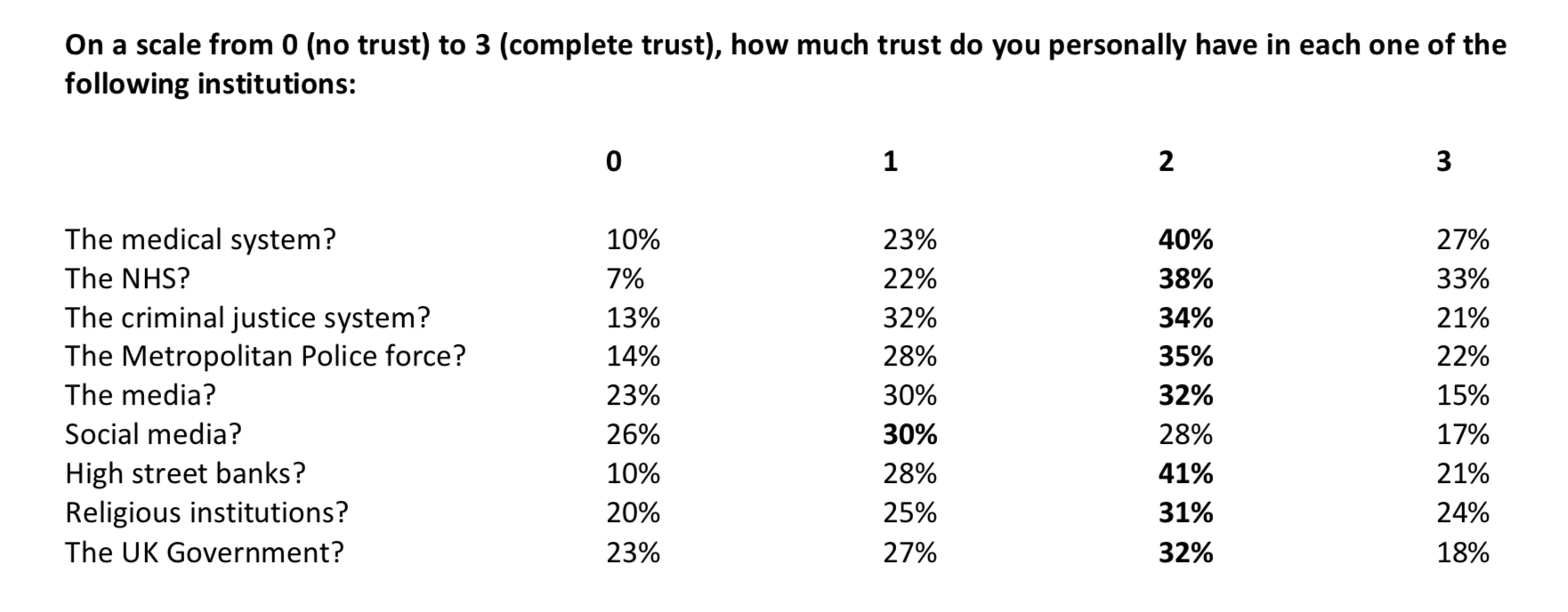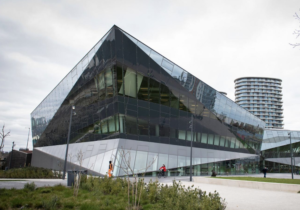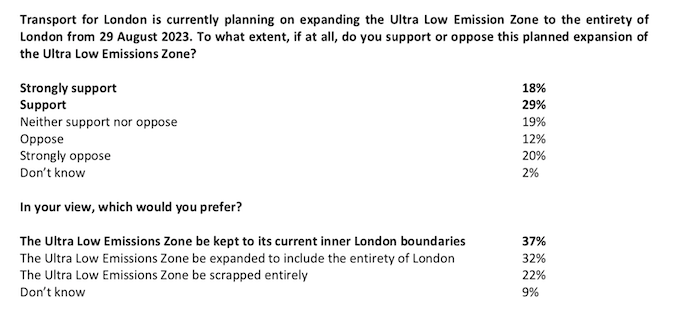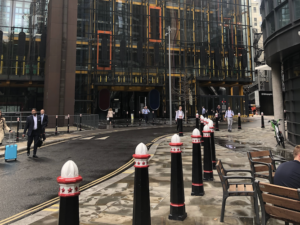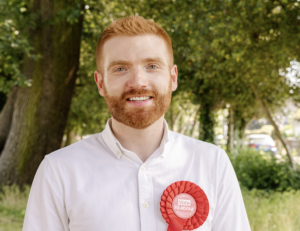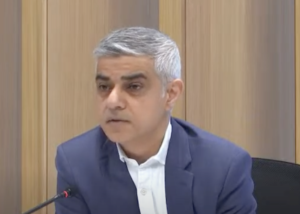Sadiq Khan is currently on course to win a record third term as Mayor of London, according to a new opinion poll.
The poll, by Redfield & Wilton of 1,100 adult Londoners, found that the Labour incumbent commands the support of 41 per cent of them, with yet to be named Conservative and Liberal Democrat candidates on 33 per cent and eight per cent respectively, the Green Party’s Zoë Garbett on seven per cent and Howard Cox representing Reform UK on five per cent.
Redfield & Wilton say that when those who say they don’t know how they would vote are factored in, Khan’s eight-point lead over a generic Conservative candidate falls from eight per cent to seven per cent. The Conservatives are in the process of selecting their candidate, having drawn up a shortlist of three.
Khan retains 67 per cent of those who gave him their first preference vote in the 2021 election at this stage, according to the poll, with 10 per cent of his 2021 supporters found to be undecided and seven per cent saying they would now back a Conservative candidate.
Next year’s mayoral election will be the first held under the first-past-the-post voting system, following the first six being conducted under the supplementary vote system, which allowed Londoners to chose a first and a second preference for Mayor.
The change was imposed by the Conservative national government and is expected to improve the Conservative mayoral candidate’s chances of winning in a city which has been increasingly Labour-leaning in recent years.
Khan’s winning margin at the last mayoral election, held in May 2021, was 14.4 per cent after second preferences were added, boosting his lead over his second-placed Tory opponent from 4.7 per cent of first preference votes.
The poll also found that Khan enjoys a net approval rating of +27 per cent among Londoners, with a 53 per cent majority approving of his performance as Mayor compared with 26 per cent who disapprove.
Additionally, the poll found that a 55 per cent majority think Khan has made a “significant” or “fair” amount of progress towards achieving the campaign promises he made during his successful 2021 re-election campaign against 24 per cent who think he has made “a little” progress and 13 per cent who say he has made “no progress at all”.
Asked if they think Khan has been “a good mayor for London”, 51 per cent said they think he has.
The voting intention findings form part of a wide-ranging Redfield & Wilton London survey conducted from 10-12 June, which On London writers helped draft some of the other questions for. Reports on those finding here, here, here and here.
Twitter: Dave Hill and On London. Photo of Sadiq Khan from Mayor of London Twitter feed.
On London and its writers need your backing. Give £5 a month or £50 a year and receive in return the weekly newsletter On London Extra and (at no additional charge) invitations to events featuring eminent Londoners. Pay using any of the “donate” buttons on the site, by becoming a paid subscriber to my Substack, or directly into the company bank account. Email davehillonlondon@gmail.com for details. Thanks, Dave Hill.

